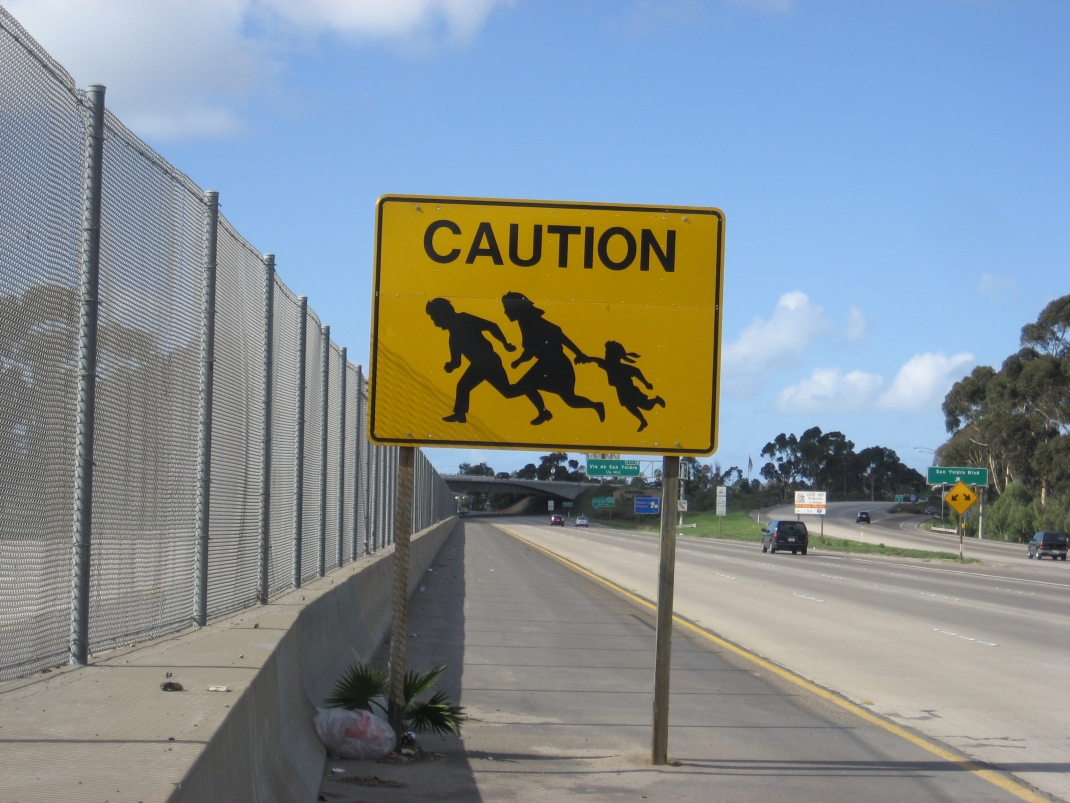Discussion of the immigration question has been misdirected and pushed onto polluted soil in part by certain intellectuals who have focused their discussion on how an imaginary, completely privatized world would or should operate. Because this is not the world in which we live — and, indeed, is probably impossible to create in any event — these intellectuals have made the fatal move of supposing that pending the advent of the completely privatized world, one may legitimately treat the national government as the agent of the people now residing within the area ruled by that government and, further, suppose that the government’s keeping would-be migrants out of the country corresponds to what an ordinary private-property owner does when he obstructs trespassers or ejects any who have already trespassed on his property.
This move is even more far-fetched than the conceptualization of a completely privatized world. First, the current residents of the county, whether they be net tax payers or not, are not the owners of the country as a whole in any defensible sense. These alleged “owners” enjoy none of the attributes of true owners: the rights to control the property, accrue any income it yields, and transfer their rights in mutually acceptable sales and gifts. Second, the existing residents have widely differing views in regard to how they wish the migrants to be treated. Third, viewing the government as the faithful agent of the existing residents is preposterous. It comes much closer to the truth to suppose that the government is their most dangerous enemy, the one with the power, resources, and intention to override their rights and plunder them almost at will.
In short, supporting government border agents in the real world can in no way be justified as equivalent what private security people do for a home-owners’ association. In the real world, where the government pours billions of dollars into supporting vast legions of armed border agents, one must choose: shall I back the state or shall I back Pedro and Maria as they attempt to cross the state’s border — itself, of course, the product of previous conquest and plunder? Let us not allow our minds to be clouded by fantastical conceptualizations utterly without parallel in the real world. Looking to the state for justice is probably the worst species of error one can make. Whatever you do, don’t side with those who are violating your rights day and night, rather than with those who are attempting only to exercise their natural rights.



